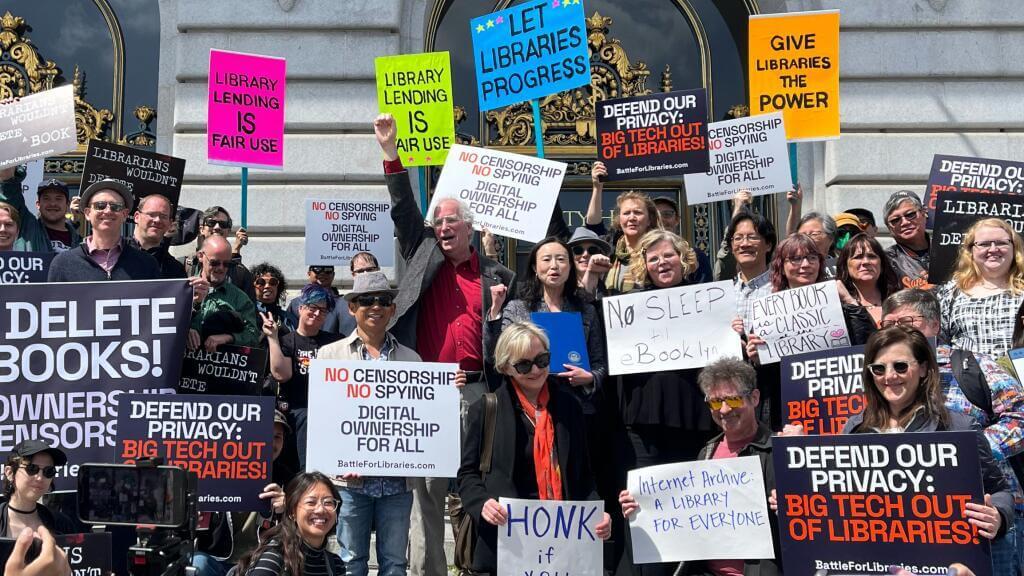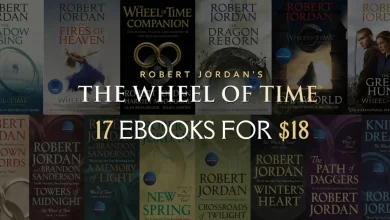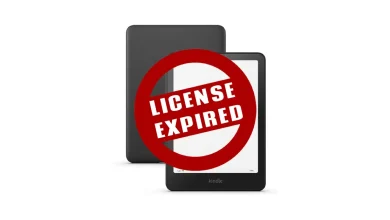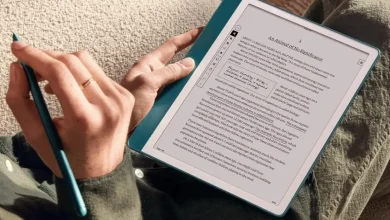
We independently review all recommendations. Purchases made through our links may earn us an affiliate commission. Here’s how it works.
The Internet Archive Just Lost a Huge Court Case—Here’s What That Means
Well, it’s official—the Internet Archive has lost its big legal battle against some of the biggest publishers out there. After deciding not to take the case to the U.S. Supreme Court, they’ve basically closed the book on a lawsuit that’s been stirring up controversy in the publishing and digital lending worlds since the pandemic. This decision is a big deal. It sets a precedent that could shape the future of copyright law and digital libraries for years to come.
So, what was this all about? At the center of it was the Internet Archive’s “Open Library” project. If you haven’t heard of it, the idea was pretty ambitious: they scanned a bunch of physical books and let people “borrow” the digital versions, using a system called “controlled digital lending” (CDL). The argument? It was basically the same as a regular library lending out physical books—one digital copy available for each physical copy they owned. Sounds reasonable, right? Well, publishers didn’t see it that way, and that’s where things got messy.
Why the Court Wasn’t Buying It
The federal court wasn’t on board with this CDL idea at all. In fact, they shut it down hard, ruling that the Archive had no legal basis for it and was straight-up violating copyright law. The core issue? The publishers argued that this kind of digital lending cut into their ability to sell and control their own e-books—something they have exclusive rights to do.
The court even pointed out that if authors knew their books could just be copied and handed out for free, they might be a little less motivated to write in the first place. Makes sense—no one wants to work for nothing. And while the Internet Archive claimed that their system was just a new way of doing what libraries have always done, the court didn’t buy it. Digitizing a book, according to them, doesn’t transform it in any meaningful way; it’s still the same book, just in a different format.
The idea that “we only lend out as many copies as we own” didn’t convince the court. They stated that copyright law protects books in every format, both printed and digital.
A Win for Publishers and Authors
At the end of the day, this ruling is a big win for publishers and authors. It reinforces the idea that they should have control over how their work is shared and sold—no matter what format it’s in. With digital markets growing fast, that control is more important than ever.
As part of the settlement, the Internet Archive now has to stop its unauthorized lending practices for good. They’re also paying an undisclosed sum to the Association of American Publishers, the group that led the lawsuit. Ouch.
For anyone looking for legal ways to access e-books, services like Kindle Unlimited offer a solid alternative. If you’re interested, there’s actually a Kindle Unlimited deal running right now.
What This Means for Digital Libraries
This case sets a pretty clear precedent for the future of digital lending and copyright law. The message? Just because something is digital doesn’t mean the usual copyright rules don’t apply. If other organizations were thinking about trying something similar, they might want to reconsider.
For libraries, this choice may mean moving to licensing deals with publishers instead of trying out other lending models. If you enjoy the ease of digital books, you might want to look into services like Kindle Cloud Reader.
The Bigger Picture
There is more than just this case at hand. People are talking about the need to share knowledge and also protect property rights. The Internet Archive wanted to expand what can be done in online lending. However, the courts showed that copyright laws still matter, even if the goal is good.
The impact of this decision will be felt in the publishing world. It will change how people share and access digital books in the future. If you enjoy e-reading, there’s still a lot to look forward to, like the new Meebook M8C e-Reader or the next Kindle for 2024. The digital reading experience is changing. As long as it follows the law, there is still room for new ideas.
So, what do you think? Was the decision fair, or did the Internet Archive lose out? Either way, this case will change how digital books are used in the future.




